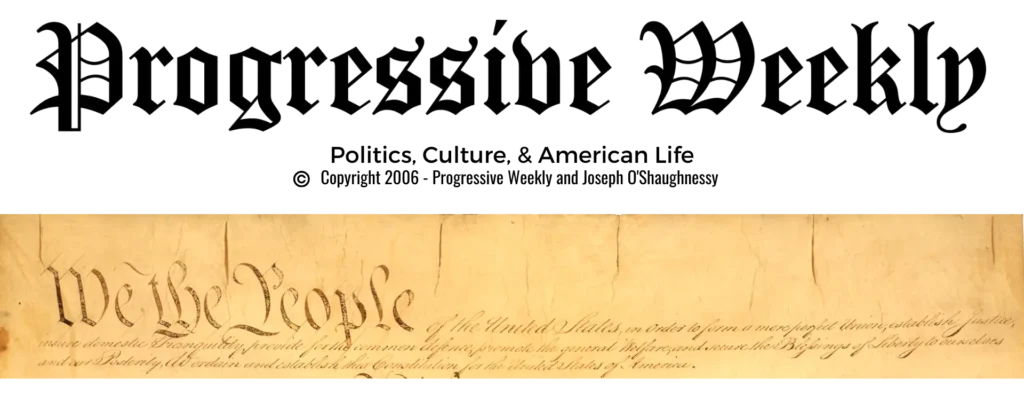It is the same old story. The health care industry spots a challenge from the people. The people finally get fed up with health care increases that range from 15% to 35% in some cases. Average increases of 15 or 20% per year over a decade. It is a crisis.
But apparently not everyone thinks so. In 2007, for example, Blue Cross & Blue Shield spent big on its executives, hoping to keep them from leaving…to go where is not certain. Still, the pay for all the key executives at their parent company, Health Care Service Corp. doubled.
CEO Raymond McCaskey’s earned an $8.7 million bonus and a total paycheck of $10.3 million. pushed his total pay to $10.3 million, up 78% from the previous year. In 2007, the top 10 execs made a combined $35.8 million, an increase of 131% over the previous year.
But the authorities in this field, the ones who know how to bring costs down, like former Secretary of Health & Human Services in the Bush Administration, Mike Leavitt think they have the answers. Listen to his solutions. Listen hard. For solutions.
So Mike Leavitt says we don’t need the government involved in this. Let the government organize it but, he implies, let the good old boys who have been bankrupting the people, like the guys mentioned above, run the system. The government will cost so much it will burden future generations. This coming from a guy who was one of the principal architects of the George Bush system that added over $5 trillion in debt and emaciated his own department to the point it can barely function.
But…Mike says…why is there no discussion of what kind of impact a government run system may have on our competitiveness? Well, we’ve seen some of the impact of the current system, Mike.General Motors,about to go bankrupt, and their employees about to be out of jobs, says that our current system of healthcare adds another $1500 or $2000 to the cost of an automobile. And we still don’t have healthcare for 45 million people. None.
And what is the model that Mike is so worried about? It is a government run program, like Medicare, that trounces the private systems in efficiency. It is Social Security that runs like a clock on approximately 3% of revenues as opposed to a best-case scenario of 17% for private insurance systems. Or the VA, that has lower prescription drug costs than anyone because it negotiates as one entity for better prices.
I think I understand Mike’s problem. He doesn’t want to levy taxes on his grandchildren. Not on everyone’s grandchildren…just his…and George W. Bush’s…and Dick Cheney’s….and those of the 32,000 lobbyists in Washington who support them. When you’ve stolen enough government treasure, the people’s goods, and sold them off to the highest bidder, you can, like Mike, afford just about any kind of healthcare you want.
